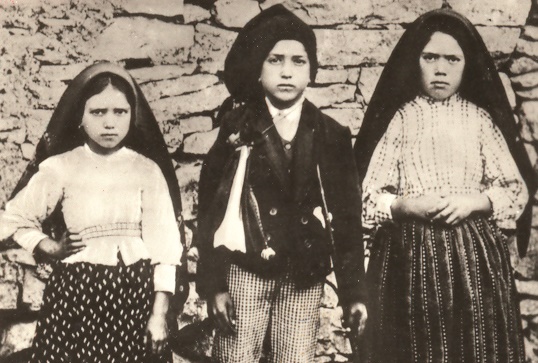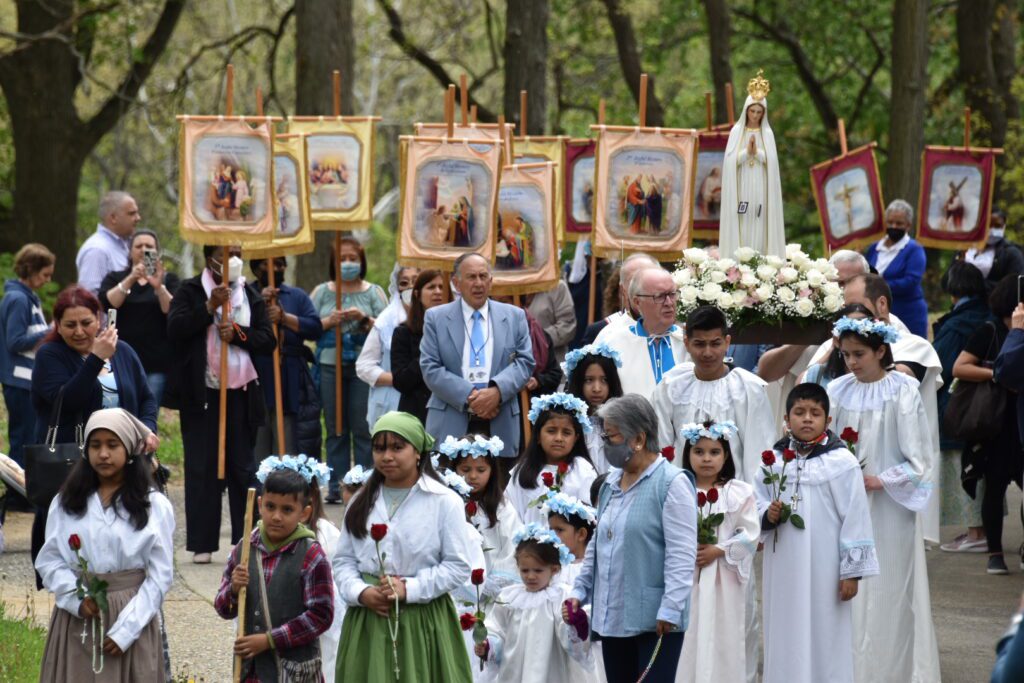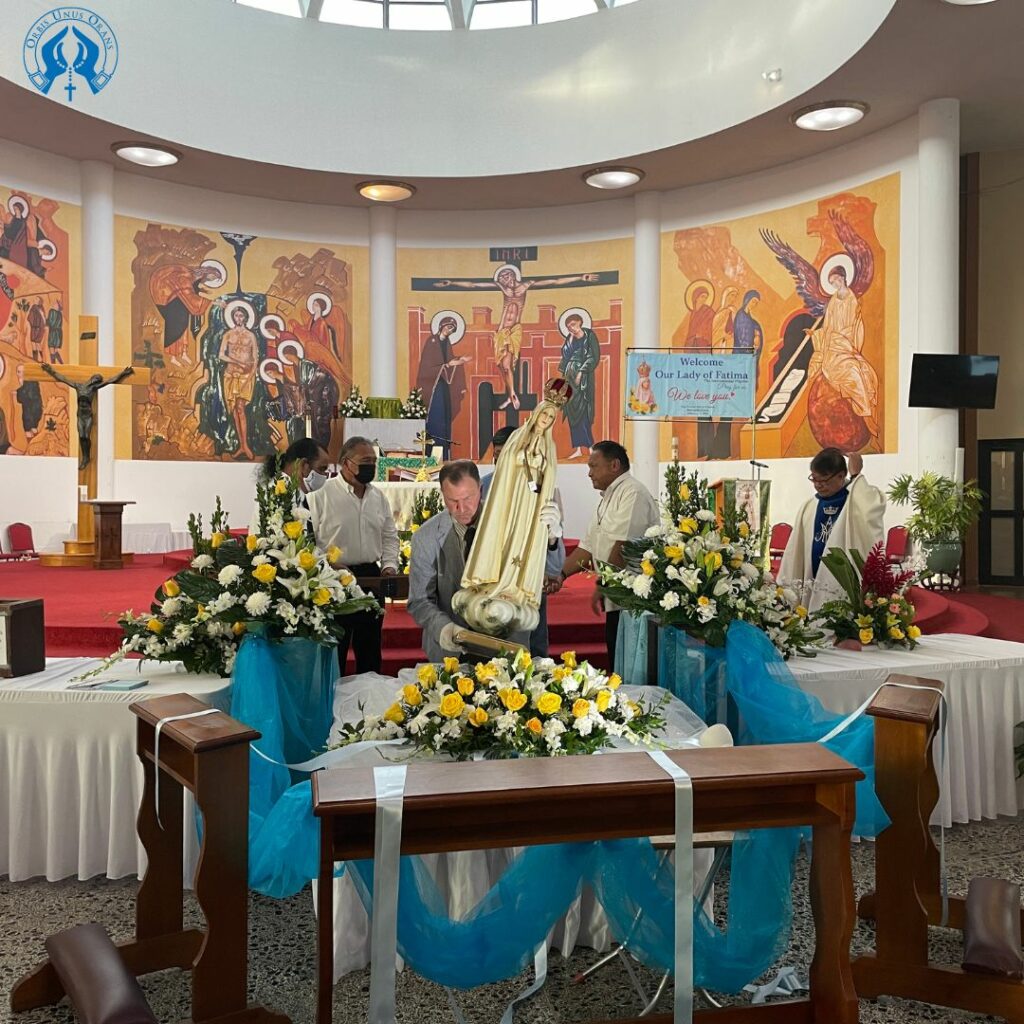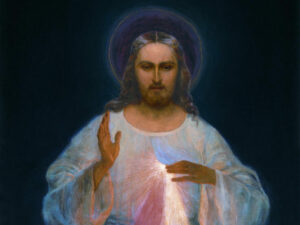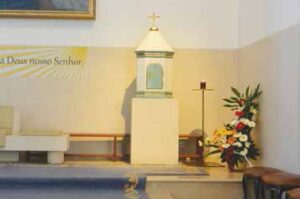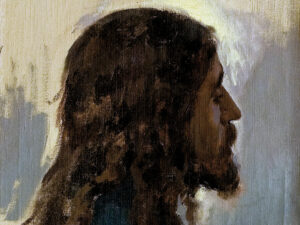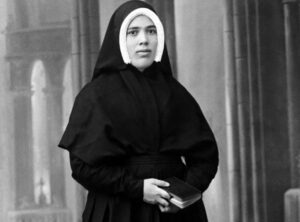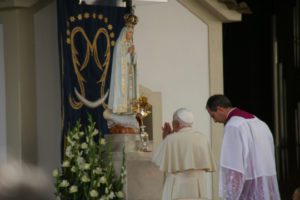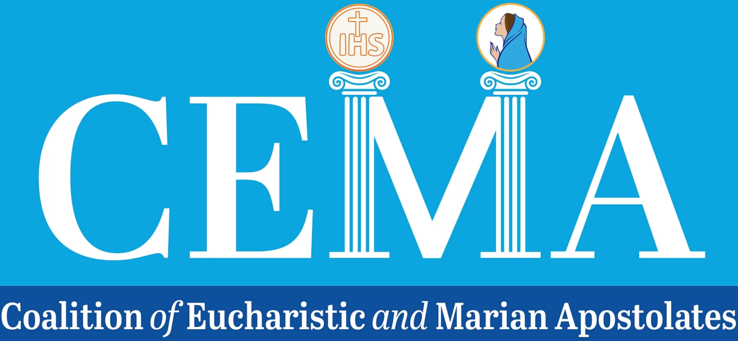By Donal Anthony Foley –
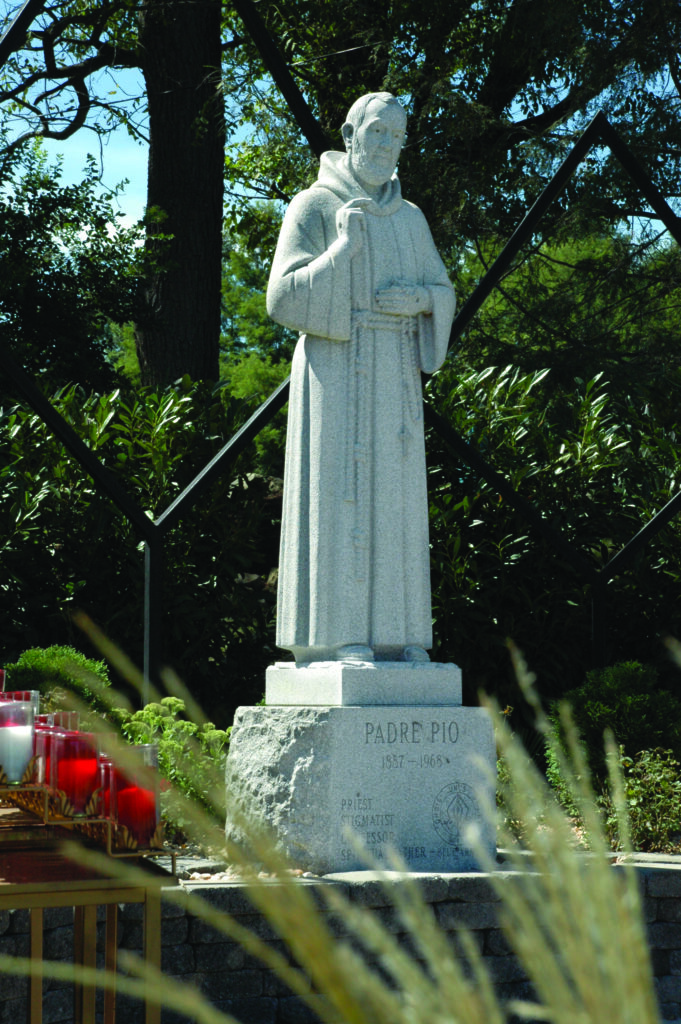

As we begin the Lenten season, we often think of ways to improve our spiritual lives. One way of doing this is to look at the spiritual advice St. Padre Pio of Pietrelcina gave to his early followers.
There is a long-standing connection between St. Pio and the World Apostolate of Fatima. The late Msgr. Harold Colgan, co-founder of the Blue Army, asked him if he would be the spiritual father of the organization and accept its members as his spiritual children. He is said to have smiled and replied, “May they only behave well!”
He used to meet with his spiritual children twice weekly at his friary in San Giovanni Rotondo, Italy, to explain the Bible and advise them on how best to aim for spiritual perfection. He did this principally by promoting five rules for spiritual growth: daily examination of conscience, Communion, spiritual reading, meditation and weekly confession.
Regarding daily meditation, he counseled two periods of at least half an hour each day, morning and evening. These were to be times of reflection and recollection on biblical subjects such as the passion, death and resurrection of Christ. He advised to begin with a prayer, asking for the grace to meditate well and for the intercession of Our Lady and all the saints. Then, to “meditate thoroughly on the subject in all its aspects,” before moving on to resolutions, so as to eliminate defects and promote virtue. We should also pray for the graces we need and offer up our time of meditation to God.
St. Pio regarded meditation as the key to progress in the spiritual life and the transformation of the soul in Christ. To make this fruitful, he encouraged a thorough study of the Bible and spiritual books in general, stating: “If the reading of holy books has the power to convert worldly men into spiritual persons, how very powerful must such reading be in leading spiritual men and women to greater perfection.”
Padre Pio insisted on weekly confession for his spiritual children because “a room needed to be dusted at least once a week even if nobody was there.”
Padre Pio was giving this advice in the early 20th century, not long after Pope Pius X had publicly encouraged frequent Communion, but there was still a tendency for people to think they were unworthy to do this. St. Pio told his followers that unless they were positive that they had committed mortal sin, then they ought to receive Communion daily.
Regarding examination of conscience, he urged that people should not go to bed without recalling how they had spent the day, and before turning their thoughts to God and offering up the rest they were about to take.
On another topic—one relevant to Lent and its association with fasting, that is, eating—he said this should ideally be done with pious thoughts in mind, such as being at the Last Supper with Christ. He also emphasized the importance of giving thanks for the food we eat and avoiding gluttony by not eating more than we really need.
In general, Padre Pio thought it was unwise to try and get people to give up worldly passions too quickly. Rather, they should gradually change their way of living so as not to become discouraged or lose interest in spiritual matters.
As regards daily living, St. Pio highlighted the following points for those desiring to grow spiritually. Firstly, they should put all their trust in Christ as their Savior, as a child trusts in its mother, while at the same time recognizing that they are unrighteous in His sight. In practical terms, this meant not complaining about injustices suffered, not being judgmental, and always forgiving those who have offended us. At the same time, they should not be in any way self-satisfied, nor alternatively downcast by their faults and failings. In sum, it was necessary for the believer to do their best while leaving everything else to God.
St. Pio also emphasized that any good works we do are only done when we are in union with Christ. And so, our motives for acting must be God-centered, and our acts done with the intention of pleasing Him.
He strongly counseled his followers to take the existence of the devil seriously, but without being fearful of him despite the great extent of his malevolent activity in the world. To counter such influence, he urged his spiritual children to constant prayer, at all times and in all places, especially prayer that we should do the will of God. St. Pio had great faith in the power of prayer, and especially prayer for the dead.
He also counseled offering up all our actions and sufferings to God with a short mental prayer, while also not allowing ourselves to get bogged down through worry, which is futile and an indication of our lack of confidence in God. He warned that “Worry dries up Christian piety and makes it sterile.”
He saw suffering as a special sign of God’s love and said that “Without love for the Cross, we cannot make much profit in the Christian life.” He argued that if we wanted to be healed of our spiritual ills, it was necessary to suffer without grumbling.
In sum, for St. Pio, we need to genuinely aspire to heavenly glory while also despising worldly things to make this the mainspring of our lives – and then we can rejoice in the Lord, and in doing so, drive melancholy away and live joyfully in a spirit of love.
About the Fatima message, Padre Pio said that Russia would be converted when there were as many members of the Blue Army as there were Communists. When specifically asked about the future of the then Soviet Union and the United States, he apparently said, “The Russian people will be converted. Their total conversion will happen very fast. The conversion of the United States will be slow, but sure.” At another time he said, “Russia will teach the United States a lesson in conversion.”
Even though traditional communism has disappeared in Russia and Eastern Europe, atheistic Cultural Marxism has become increasingly influential in the world, and so we still need the help of St. Pio as a trustworthy spiritual guide. If we follow his spiritual advice, then we will surely spend Lent well, and so grow closer to God and Our Lady.
Donal Anthony Foley is the author of a number of books on Marian Apparitions, and maintains a related web site at www.theotokos.org.uk. He has also written a series of three time-travel/adventure books for young people, The Glaston Chronicles, available at www.shopfatima.com/blue-army-press


